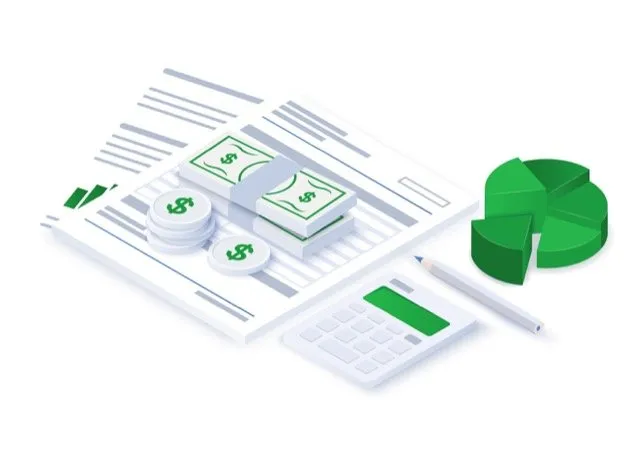Springfield, Massachusetts, boasts a vibrant small business community, with entrepreneurs driving innovation and economic growth. However, starting or expanding a small business often
In the journey of entrepreneurship, securing adequate funding is often a crucial step towards realizing your business goals and sustaining growth. Whether you’re launching a startup,
Choosing the right experts in Springfield, MA
What Are Business Loans Typical Interest Rates?
If you are wondering how long do business loans in Springfield, MA typically last, you should know that the answer depends on the loan type, amount, lender, borrower, and many other details.
If you want to grow your business, a business loan can be a great option to get quick access to capital and make important investments. There are plenty of reasons why you can obtain money and
By definition, an organization’s culture is represented by all of the shared values and meanings held by its members, and articulated and practiced by its leaders. Purpose is embedded
The first few years of a new business are challenging, and it is easy to make major money mistakes that could be fatal in the future. Even though the specifics are different from one









